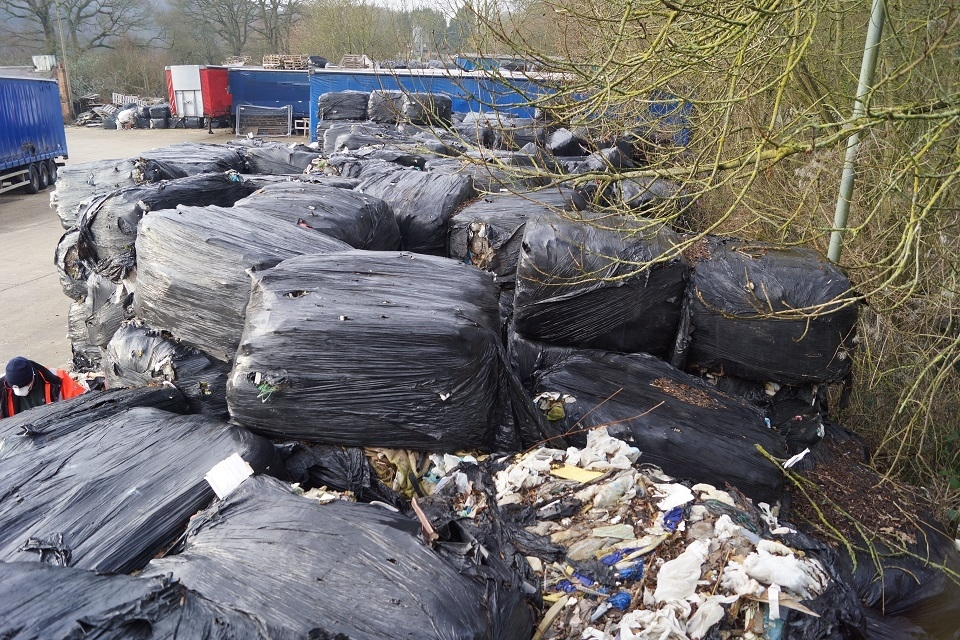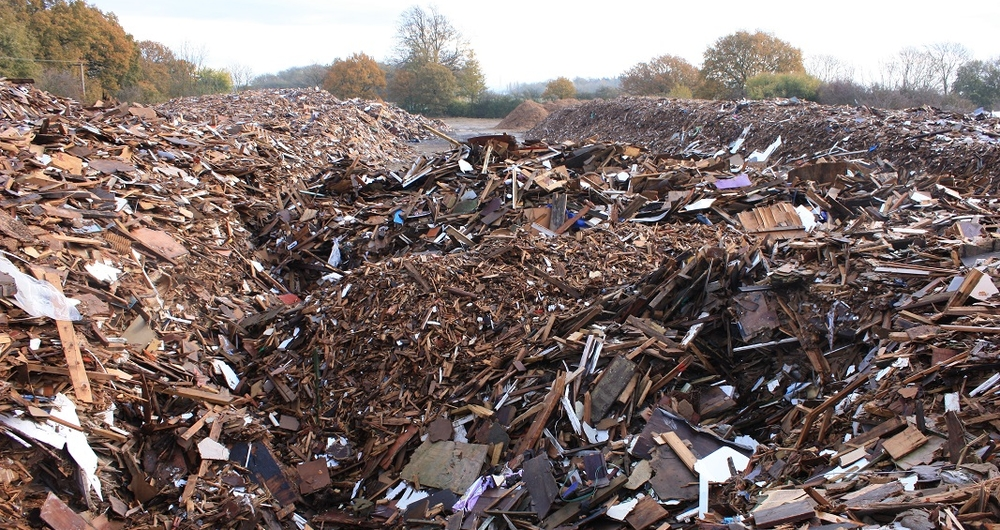Environment Agency (EA) enforcement officers in the east of England are concerned that, with the waste industry still disrupted, crooks will be looking for outlets for their waste.
Enforcement Team Leader Phil Henderson said: “If you are leasing land or buildings to individuals or businesses involved in waste management activities, such as processing or stockpiling, then be very wary. You may be scammed.
“Certain operators will be a front for criminal activities, which are simply designed to dump waste such as wood, tyres and baled mixed waste and leave it there.
“Unfortunately, the landowner will ultimately be left to incur the costs of clearing it up. The other important point to note is that a landowner can also be criminally liable if we consider that they were ‘knowingly permitting’ the activity.”
Anyone working in waste needs an Environmental Permit or Waste Exemption. Before any activity starts, landowners should confirm an appropriate one is in place by checking www.environment.data.gov.uk/public-register or phoning the Environment Agency on 03708 506 506.
Mr Henderson said that the waste business can be fast-moving so, unless a landowner or their agent is keeping a close eye on the site, intervention may be too late.
“When they have disappeared and abandoned site, you will face pressure from the authorities to clear the waste lawfully, especially if it’s flammable or presents any other risk to the environment,” he said.

In one case, around one thousand tonnes of waste wood a week was imported onto land that was rented for clean, virgin timber. After five weeks the crime was discovered and the imports stopped, but the landowner was still left with over 5,000 tonnes of waste wood, costing over £300,000 to dispose of lawfully.
The EA has this advice for farmers and landowners about what to look out for:
• Offering you a deal ‘too good to be true’ e.g. ‘ I just want to store some wood for a month prior to a contract beginning and I’ll pay you £5000’.
• There is a complicated and engaging story, intentionally designed to confuse – they can be convincing conmen.
• They will appear to be competent, knowledgeable and professional e.g. tell you that all legal aspects are in place or soon to be.
• They may apply ‘car salesman techniques’ of pressure selling e.g. if you agree today then I’ll give you an extra £1000. If you don’t then I have another landowner down the road’.
• They are likely to be interested in remote or secluded locations to avoid too much neighbourly interest.
• They may have done their research on you e.g. your financial status and business viability.
Mr Henderson said: “As with all scams, tactics change and you should always keep your wits about you. It is also recommended that you exchange information on these scams, including through the NFU network and via social media channels.”
NFU Cambridgeshire County Adviser Hannah Padfield said farm businesses were already under pressure, with difficult weather conditions compounded by the impact of Covid-19. Fraudsters could try to play on this by offering a potentially legitimate new source of income.
“We are keen to raise awareness among our membership about the horrendous impacts of this type of organised waste crime,” she said.
“By following tips from the Environment Agency, farmers can take some steps to protect themselves from these scammers and avoid being landed with a huge waste problem and a bill that could run to thousands of pounds.”
